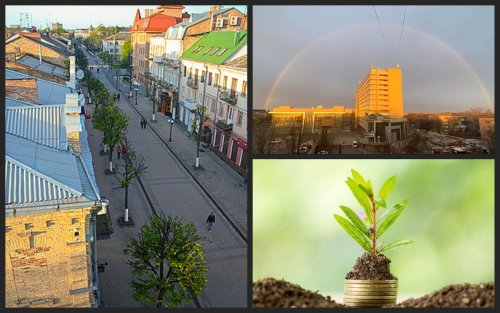In Lutsk, Volyn region, the Hnidav Sugar Factory will process corn into bioethanol.
The deputy director of the plant, Oleksandr Nikishyn, said that a separate production line is already being built for this purpose at the enterprise, reports press service of Hnidav sugar factory.
Nikishin explained that this will allow agricultural producers not to waste gas for drying corn. After all, in 2022 it will cost more than the cost of corn itself.
"We plan to buy corn from people all year round and produce bioethanol," he said.
The press service explained that two production lines will operate at the bioethanol plant: molasses and corn.

Tetyana Alaverdova, commercial director of HarvEast, noted that in 2022, bringing wet corn to the baseline may cost about $50 per ton.
"Under such conditions, farmers will reduce corn production, as it will become completely unprofitable," the press service explained.
Earlier, EcoPolitic wrote, that the deputy of the Kyiv City Council of the 8th convocation Kostyantyn Yalovy said that Ukraine has every chance to become a leading producer of biodiesel.
As EcoPolitic wrote before, a ton of straw briquettes was purchased from the Ratnivskyi territorial community in Volyn for heating premises in order to test biofuel.





